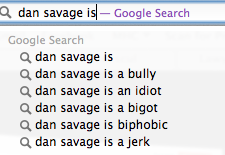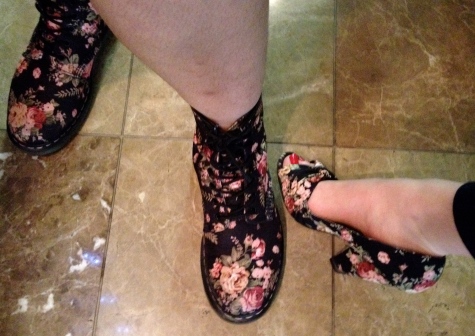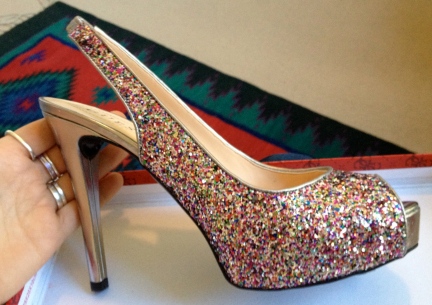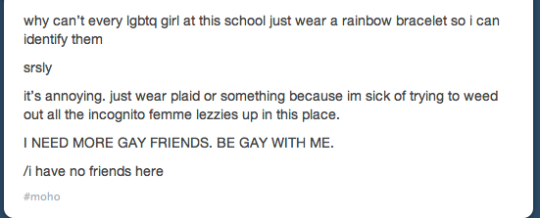Dear Class of 2014,
My dear, beautiful friends: you are now a month out of Mount Holyoke and in many ways life probably sucks. Perhaps you’ve got your post-graduation shit together: you have a job and/or prestigious graduate school plans. You’ve found an apartment, maybe even with a Moho roomie. You’ve figured out the best bar in your neighborhood, where to get inexpensive yet delicious produce, and public transportation runs past 12:50am, meaning that you never have to fear missing the last PVTA back to campus. All of that is wonderful and I could dwell endlessly on how capable and well prepared you are, how proud I am of you.
But I bet part of you is lonely. Even if it only creeps up on you in the middle of the night—or at 9:30pm when you should be heading to a dining hall for M&Cs—I bet part of you is desperately lonely, so that is what I want to talk about. Your friends have been flung across the world. You’re no longer surrounded by familiar mentors, traditions, and a library full of comfy, extra-large-and-perfect-for-snuggling armchairs. Maybe you’re living somewhere you have a strong community already, maybe not. Maybe you know exactly what you’re gonna do with your future; maybe you’re a constant stream of questions. This can be exciting and it can also be terrifying.
Here’s the thing: graduating sucks. It’s an enormous accomplishment that leads to an enormous period of uncertainty. After packing up my room and bidding goodbye to everyone and everything on campus for the upteenth time, my mom and I started the long drive back to Chicago. As we left South Hadley, I apologized to my mom for the fact that I was about to play the same song for two hours, put the M&Cs’ version of Vienna Teng’s “Harbor” on repeat, and cried non-stop across Massachusetts and New York. Thankfully, my mom understood.
A friend of mine (and Hampshire ’08 alumna—whaddup Five Colleges!) gave me some great advice when I graduated. She told me that the two years after her graduation contained some of the hardest times in her life. It was a period full of highs and lows and figuring out how to handle new circumstances. She told me to expect that and know that it’s natural. That realism has been more valuable to me than any specific career or life advice I’ve received. It’s gonna suck, just go with it and know you’re not alone.
How to handle the suckage that is post-graduation?
- Listen to your favorite MHC music. I’ve played “Harbor” on repeat a lot over the past couple years. Sink into it and let yourself mourn passing out of this place we call Mohome.
- Create an awesome, kick-ass playlist of “pump me up so I can handle anything” songs. Attitude is everything and music can have a huge impact on that. A few favorites: “Watch Me Shine” (Joanna Pacitti; you’re damn right it’s on the Legally Blonde soundtrack), “The Bullpen” (Dessa), “The Show Goes On” (Lupe Fiasco), “Stronger” (Kanye), “Can’t Get Me Down” (Lo-Ball; let’s be real: the whole Legally Blonde soundtrack is perfect).
- Have group Skype dates/Google hangouts with your Moho friends. Someone’s internet connection will inevitably be awful (probably yours), so the quality may be lacking, but hearing that cluster of voices together again is priceless.
- Read. I was so busy at MHC—even in high school—that I rarely had time to read for pleasure. I’m trying to reclaim this time now. I confess: I’ve read J. Courtney Sullivan’s Commencement several times. It’s set at (and post-) Smith College and, though I have my fair share of criticisms of the novel, I found the setting comforting. It’s about the time we’re living now. I love the fierceness of its women characters and the references to the Calvin Theatre and other Valley landmarks make me feel at home.
- “Celia remembered how Bree used to refer to their first year out of college as their freshman year of life. Celia might call her crying from a bathroom stall at work, complaining about her boss, or she might send a pained text message from yet another ill-fated first date, and Bree would soothe her gently, saying, ‘You’re only a freshman. It’s going to get better. I swear’” (Sullivan 52). You, Moho grad, are a firstie again. Take it easy on yourself.
- Reach out to your local MHC alumnae club (if there is one). Seriously, just do it. While at MHC, we hear a ton about inspiring older alumnae—those who are well into their careers and are transforming the world in big ways. That’s terrific and I don’t want to downplay the significance of having these role models; however, they’re probably not the most helpful people when you’ve just graduated. Who will help you find a roommate, navigate public transportation in a new city, or clue you into where to get the best $5 margaritas? Enter young alumnae. Mohos whose time at MHC didn’t even overlap with mine are now huge parts of my social and professional networks. In short, they’re the best.
- Explore your surroundings. If you’re in a new city, find places that speak to you. If you’re at your pre-college home, venture beyond the places you hung out in high school. Get to know your neighborhood food trucks and restaurants, your local public libraries and parks, become a regular at a bookstore, coffee shop, ice cram parlor, or farmers’ market.
- Meetup.com can be great. Even if you don’t actually go to any meet ups, it’s helpful to get a sense of what’s available around you and to know that there are strangers out there who have similar interests and could become your friends.
- Cook. Not everyone likes cooking, but I love it and find it relieves stress. Take advantage of the fact that you’re no longer on a meal plan and try out some new recipes. This is also a wonderful way to build friendships/relationships. Everyone loves being invited to share in some homemade deliciousness. Everything from bringing cookies to the office to inviting new friends over for a potluck dinner is lovely and will most likely be appreciated by those around you. (If inviting someone over, check for allergies/dietary restrictions first. Your meal will go a lot better if everyone can eat something.)
Whoa Tamar, post-grad life sounds pretty rough!
I hear you. Here’s the other thing: it gets less sucky. You’ll take baby steps initially—you’re a firstie, remember?—but slowly, slowly you’ll start making an adult life for yourself outside of MHC. About a year and a half out, you’ll finally look around you and think, “I have friends and a life with things that are important to me. It’s not everything I’ve ever wanted, but I’m creating something real.” That is an amazing feeling. And I assure you that, over time, you will find your footing and the life that you’ve dreamed of will become increasingly real.
All my love, honeybunches! You’re going to do just fine.
Got other suggestions for coping with loneliness, acclimating to new places, or taking the world by storm? Leave comments!
























